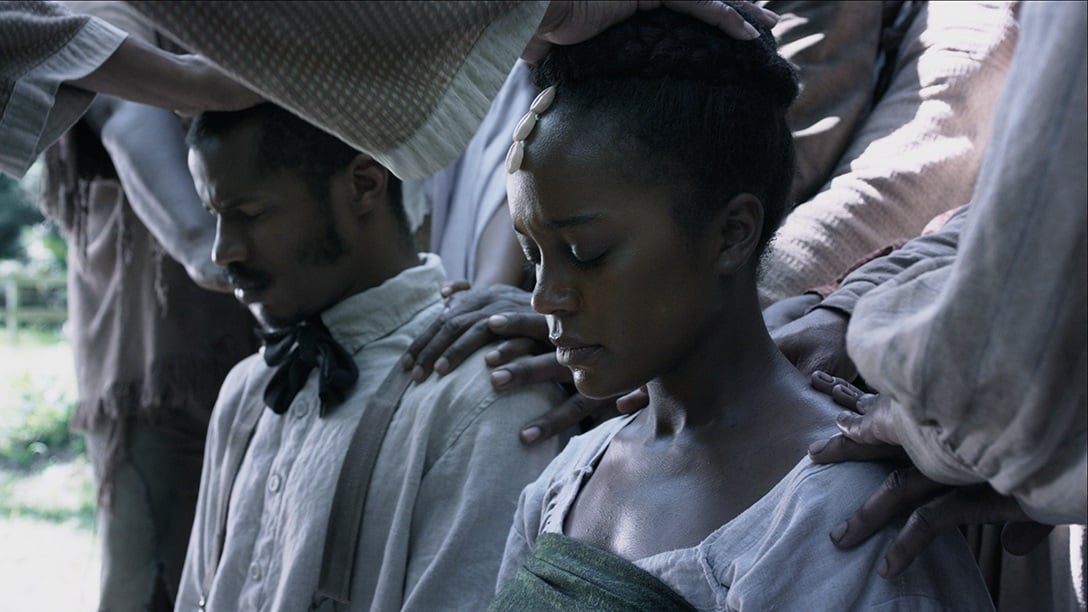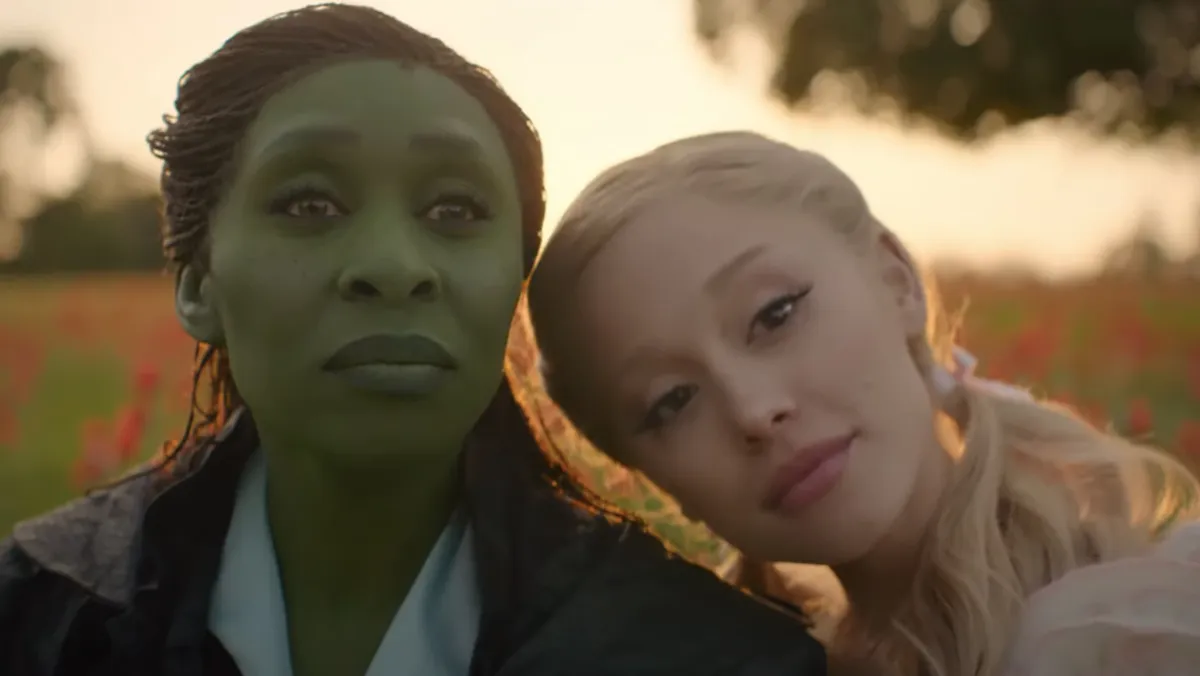If you’re going to appropriate a film title, this is the way to do it! Chances are, you’ve heard of a really racist film by D.W. Griffith called The Birth of a Nation, which is pretty much about two white families and the birth of the Ku Klux Klan. Well, this year, the film that bears that name stars, was written, directed, and produced by a black man named Nate Parker, and it tells the story of Nat Turner’s slave revolt. It has just been purchased at Sundance in the biggest deal in the festival’s history.
After a fierce bidding war, Fox Searchlight emerged triumphant, paying a whopping $17.5 Million to distribute the film. The Birth of a Nation stars Parker as Nat Turner alongside a cast that includes Armie Hammer, Aja Naomi King, Jackie Earle Haley, Penelope Ann Miller, and Gabrielle Union.
According to Variety, the film is “a biographical drama steeped equally in grace and horror…that grapples fearlessly with the intense spiritual convictions that drove Turner to do what he had previously considered unthinkable.” Ie: organize a slave revolt in 1831 that claimed the lives of 60 white slave owners (and sparked retaliation that ended the lives of 200 slaves).
Parker chose the title very purposely, telling Filmmaker Magazine:
Addressing Griffith’s Birth of a Nation is one of the many steps necessary in treating this disease. Griffith’s film relied heavily on racist propaganda to evoke fear and desperation as a tool to solidify white supremacy as the lifeblood of American sustenance. Not only did this film motivate the massive resurgence of the terror group the Ku Klux Klan and the carnage exacted against people of African descent, it served as the foundation of the film industry we know today.
I’ve reclaimed this title and re-purposed it as a tool to challenge racism and white supremacy in America, to inspire a riotous disposition toward any and all injustice in this country (and abroad) and to promote the kind of honest confrontation that will galvanize our society toward healing and sustained systemic change.
Indeed, between #BlackLivesMatter and #OscarsSoWhite, this film could not be coming out at a more perfect moment, and is such an important contribution to the conversation, which is probably why all the smart money was on this film at Sundance. That, and the reception to the film has been pretty much universally positive.
Interesting, too, is the way in which the film depicts slave life – true to its horror, and also to the lack of agency that slaves, particularly the women among them, had. Gabrielle Union is listed as a star of the film, and is arguably the most well-known in the cast, and yet she barely says a word. That, too, is as purposeful as the choice of title.
In an interview with Vulture, Union talks about the decision to keep her character silent:
She had lines in the script, but Nate and I discussed her not having any. As a sexual-assault survivor myself, I didn’t want her to have any. It’s just more symbolic of the lack of control or power that black women had, and have, over our own bodies. As a rape survivor, I know how powerful and voiceless I felt myself for a very, very long time, and the shame and the rage. It’s only relatively recently that I found the power to have a voice. But part of that comes with the entitlement of celebrity. Our ancestors were never afforded a voice, so to me it was important that she stay voiceless so you really get that they didn’t have one.
Fox Searchlight has clearly made the right decision in fighting to be the ones responsible for bringing this film to the masses. I cannot wait until this gets a wide theatrical release. It almost makes me believe in film as a medium again. Television has been where it’s at for a long while now, but with challenging films like The Birth of a Nation coming out, and more and more women and people of color in the entertainment industry fighting to be seen and heard and have their stories told, film is starting to feel relevant again. It’s an exciting time for movies! I couldn’t agree more with Ava DuVernay:
“The deal is the richest in Sundance history.” *mic drop* *tosses confetti* *praise clap* *misty copeland twirl* https://t.co/OQnPMKShcR
— Ava DuVernay (@AVAETC) January 26, 2016
(via The Muse, image via Mandalay Pictures)
—Please make note of The Mary Sue’s general comment policy.—
Do you follow The Mary Sue on Twitter, Facebook, Tumblr, Pinterest, & Google +?









Published: Jan 26, 2016 03:10 pm